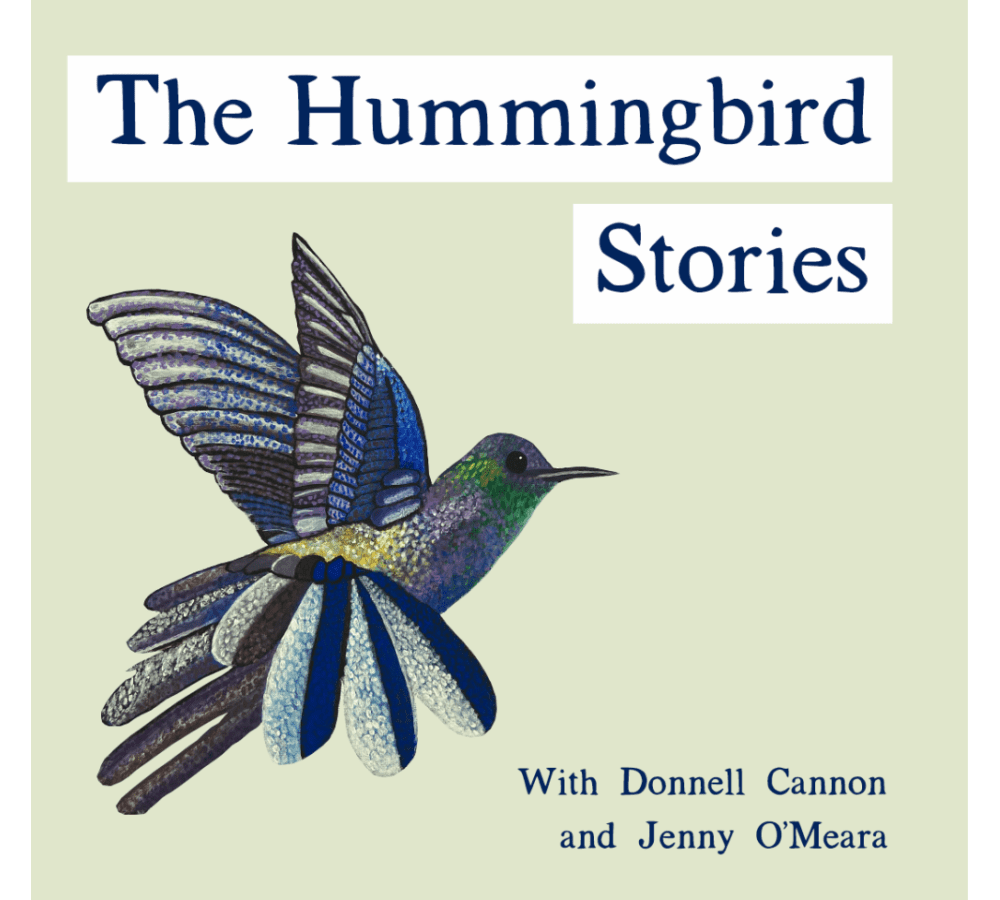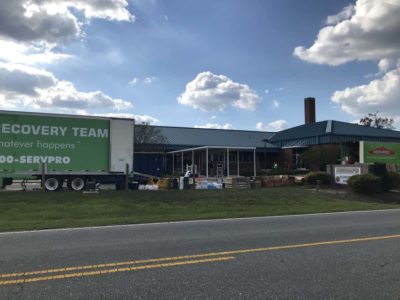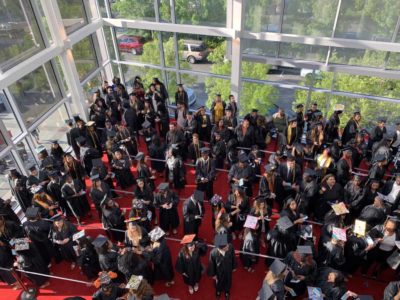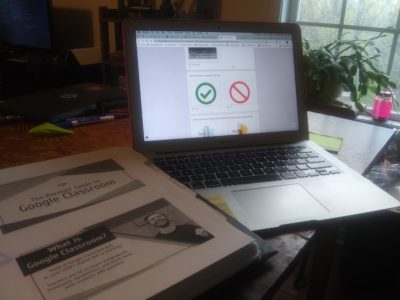
Too much of the messaging around education of late reeks of negativity. On social media, especially, it’s easy to get caught in a death scroll of frustration.
Donnell Cannon and Jenny O’Meara are two educators in search of a different conversation. One about the extraordinary in education.
Cannon and O’Meara have a history of innovating within the school building. They reached out to sources and friends across the nation in search of innovative thought and action. This season of The Hummingbird Stories (THS) is a series of conversations about centering students, celebrating educators, and pursuing equity.
Still to come are the release of the raw audio from every interview, as well as a season wrap with reflections from Cannon, O’Meara, and listeners. In the meantime, if you’re not caught up, give the season a listen.
Episode 1
Inspired by North Carolina’s Leandro case, THS talks with stakeholders nationwide to answer the question: What does an extraordinary education look like for every young person?
Episode 2
In this second episode, THS talks about student-centered learning with two students — QuaNaisa and Janaya — as well as Sonn Sam, a national director at Big Picture Learning.
Episode 3
In this third episode, THS focuses on equity in education. How do we design schools centered around equity? How do we honor the identities of our students, and why is doing that so important? You’ll hear from two hummingbirds — Leslie Brown-Rawlings, vice president of strategy at Beloved Community, and Carol Bowar of GALS Denver.
Episode 4
Adults at school have a huge impact on young people and, in this fourth episode, THS talks to Miguel Gonzales, Tyler Thigpen, Sonn Sam, and three students — QuaNasia, Quinn, and Luke.
“When we enter the space of education, I build relationships with young people,” Sam tells Cannon and O’Meara. “But we have other educators that feel — ‘I teach content.’ I’ve had educators say to my face, ‘I’m a biology teacher, you guys are way too warm and fuzzy for me, man. I don’t do that.’ And I just said … thank you very much. I appreciate your time. We moving on. Because, to me, none of this matters if you don’t have a relationship with young people. None of it.”
Episode 5
In the fifth episode, THS explores what it looks like to elevate relevance in the student experience. What does it look like for young people to access real world learning during the school day? What happens when they are in the driver’s seat of their learning such that what they learn is relevant to them?
It takes reimagining many parts of school to create authentic, real-world, and relevant learning experiences with students and teachers. But what are those other elements that need to shift? THS talks with Miguel Gonzalez of Embark Education and Dr. Tyler Thigpen of The Forest School to tackle this question. And they check in with Quinn and Luke, two students at Embark.
Episode 6
In the sixth episode, THS explores learning differences. School is largely designed with the assumption that there can be a standardized way of teaching. That’s the model Joann Blumenfeld is trying to disrupt. She’s a former North Carolina public school teacher who runs two programs at N.C. State’s Science House, where she works with students with learning differences and offers them hands-on STEM experience.
Episode 7
There’s an excitement — and a frustration — that can kick in when your head is full of new ideas. In this episode, THS confronts the paralysis that can set in when it feels like there’s so much to do. The advice given to Cannon and O’Meara: Just start! This episode features interviews with Miguel Gonzales, directors of schools at Embark Education, Aylon Samouha, director at Transcend Education, and Kimberly Smith, executive director at the League of Innovative Schools.
Episode 8
In this episode, THS looks at a school that was designed in the absence of many of the obstacles prevalent in the K-12 public school space. Cannon and O’Meara talk with Long-View Micro School co-founders Kevin Moore and Lisa Zapalac, as well as Cathy Lewis, a math specialist working with The Number Lab at the school. These educators celebrate the possibilities that abound when school is designed in a culture without barriers.
Recommended reading



